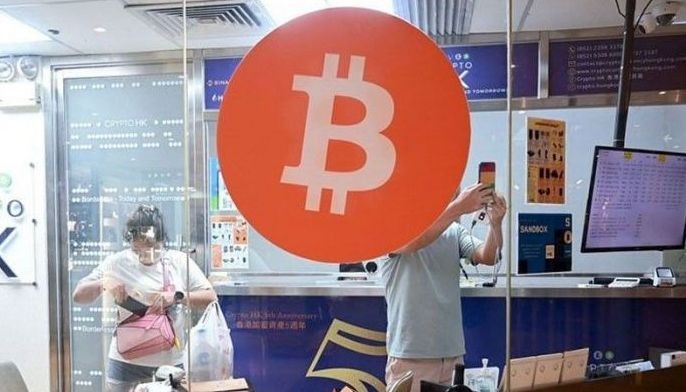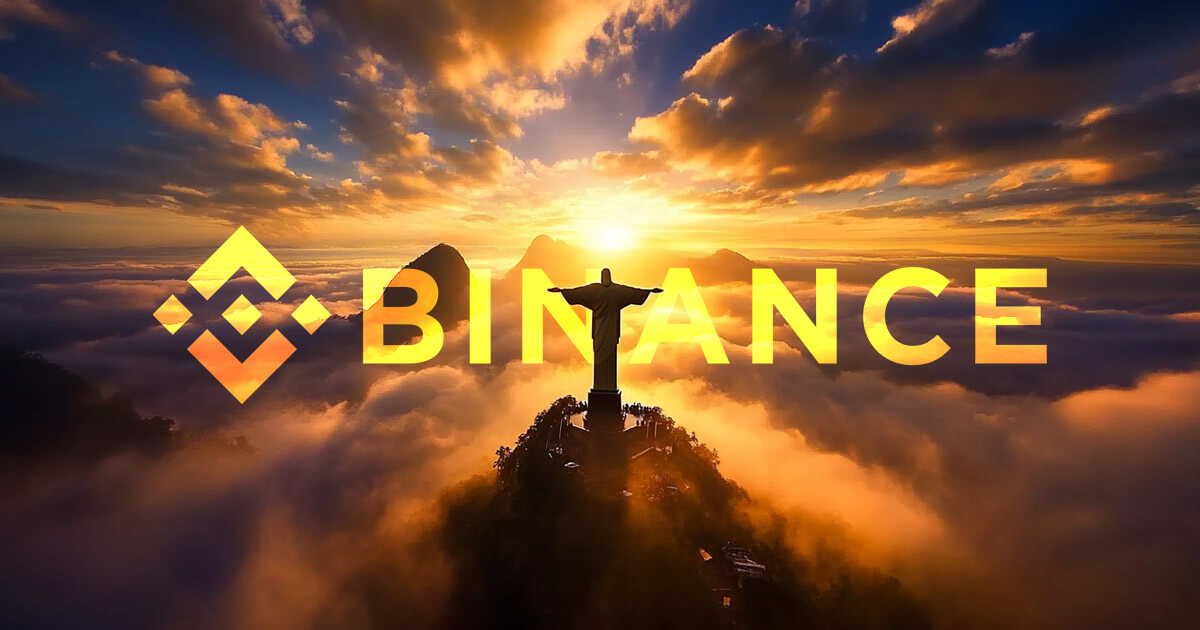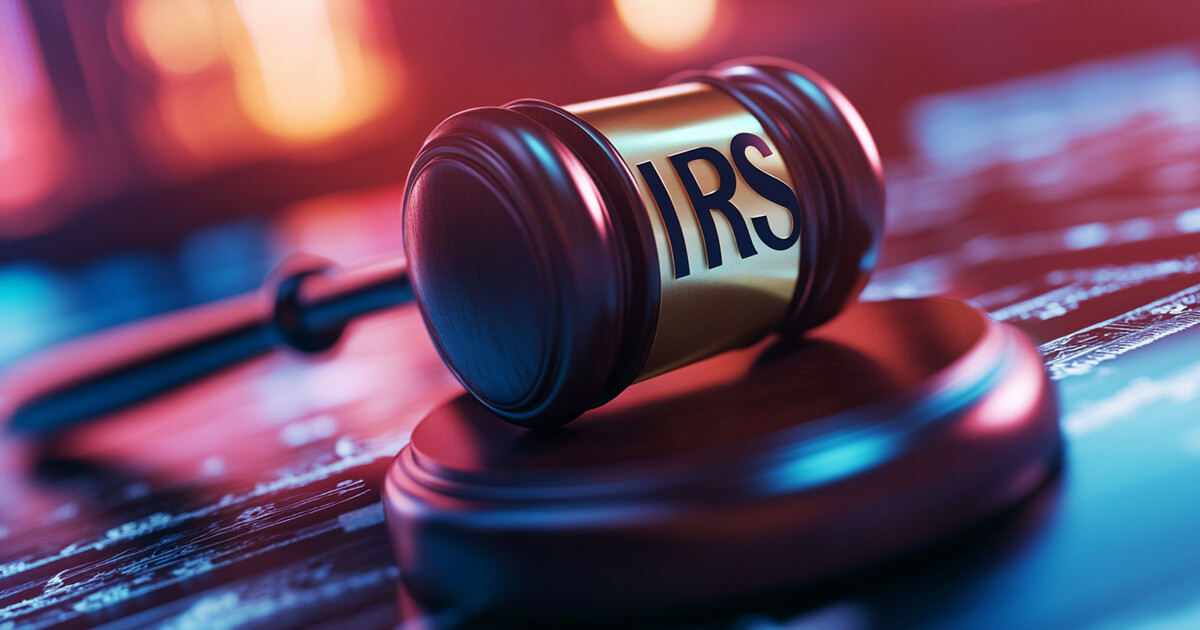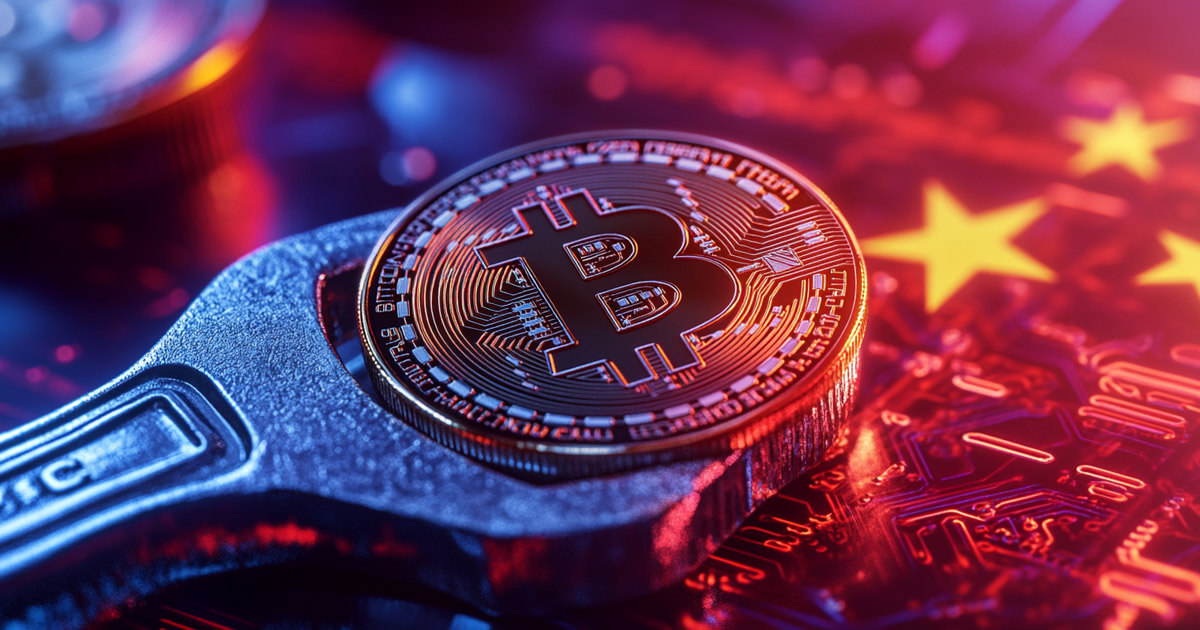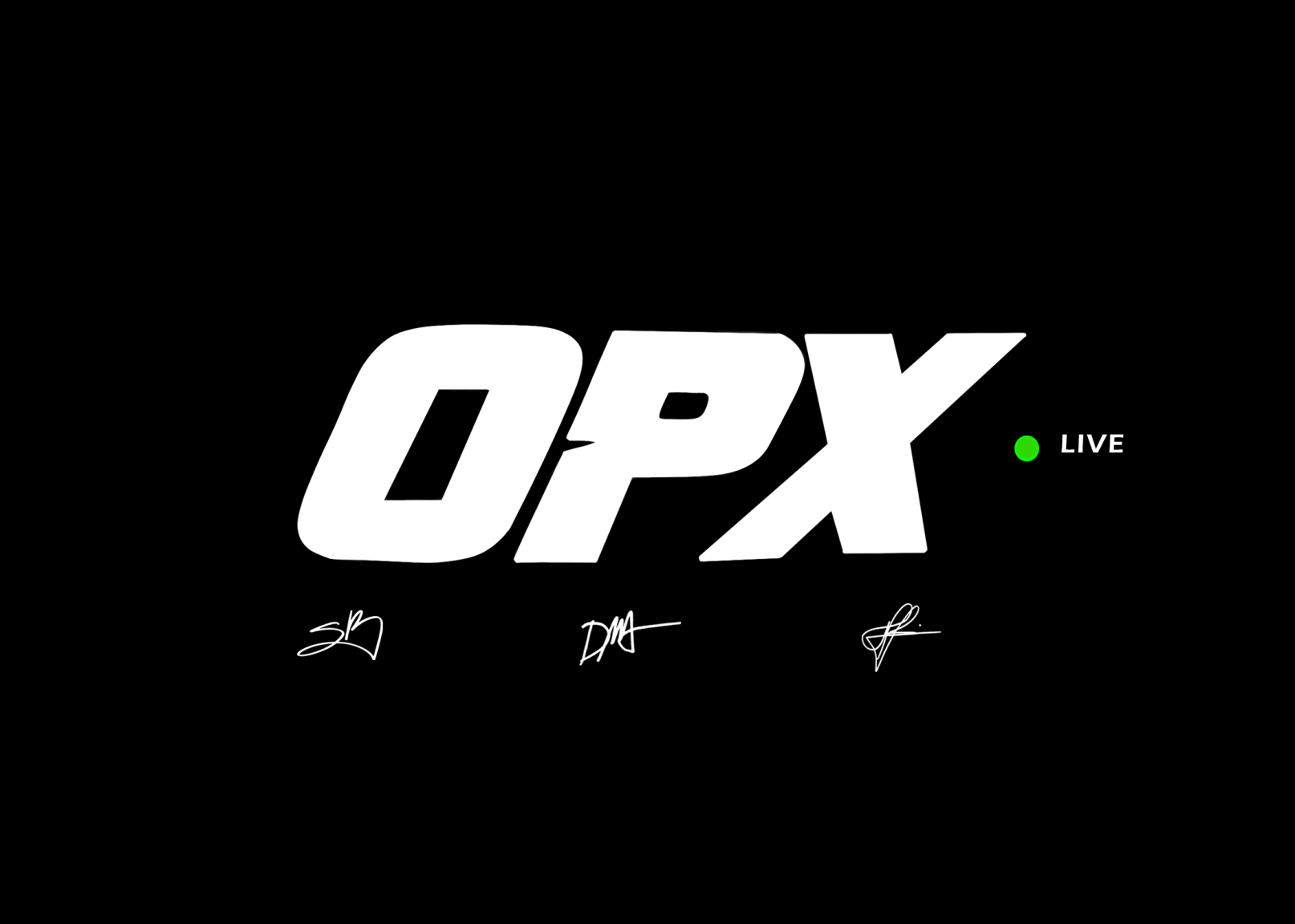This photo taken on May 27, 2023 shows customers in a cryptocurrency exchange office in Hong Kong. Retail investors in Hong Kong may soon be able to buy popular cryptocurrencies like bitcoin at government-licensed exchanges, thanks to new rules meant to bolster the city’s standing as a digital asset hub.
MANILA, Philippines — The Securities and Exchange Commission (SEC) has pushed back the issuance of a framework for the issuance of digital assets in the Philippines, heeding the lessons from the collapse of Bahamas-based cryptocurrency exchange FTX in late 2022.
SEC chairperson Emilio Aquino said while the agency was ready to issue the guidelines late last year, it decided to study first the reasons behind the collapse of FTX to add more safeguards to what would be a local framework for digital assets in the country.
“We were supposed to bring it out late last year, but we don’t want people to get burned. The issuance of digital assets as a form of capital raising, we have to study that because like in FTX they were transferring billions left and right,” Aquino said in a recent interview.
FTX, once was the third-largest cryptocurrency exchange by volume and had over one million users. It collapsed because of a liquidity crisis of the company’s token, FTT, which served as the impetus for its bankruptcy.
Aquino, however, said the SEC is not closing its doors to the possibility of still coming out with the framework and necessary guidelines that would govern digital assets this year.
“We haven’t closed the door. We really just have to make sure people don’t get burned,” Aquino said.
Advertising
Scroll to continue
He said the aim is to issue rules suited for cryptocurrencies and blockchain technology. The rules will also govern the issuance and regulation of digital asset exchanges.
At present, the SEC has been making use of laws and regulations tailored for traditional securities.
Aquino, however, stressed that the SEC believes in technology and what it can offer.
“I’m a believer in digital technology. And when there is a framework, we can allow this. It’s just that we have to ensure investor protection,” Aquino said.
Early this year, the SEC partnered with the University of the Philippines Law Center (UPLC) to come up with better policies to strengthen regulation of financial technology (fintech) in the country.
The SEC and UPLC aim to further understand the evolving regulatory landscape surrounding fintech in the formulation of new policies that may be applied in the Philippines.
The aim is to issue rules suited for cryptocurrencies and blockchain technology. The rules will also govern the issuance and regulation of digital asset exchanges.
At the same time, Aquino recognized that there is room to strengthen regulation on fintech, especially with the changing landscape.
Under the partnership, the UPLC will provide aid in the creation of a legal and regulatory framework to initially address issues surrounding cryptocurrencies.
Eventually, the partnership will also address other fintech products and their corresponding regulation.
Then UP College of Law dean and now UP Diliman Chancellor Edgardo Carlo Vistan II has said that the collaboration with the SEC would help address challenges brought about by new technologies.
Aquino said the framework for digital assets would ensure that such assets meet global standards on investor protection, market integrity and transparency.
Credit: Source link


